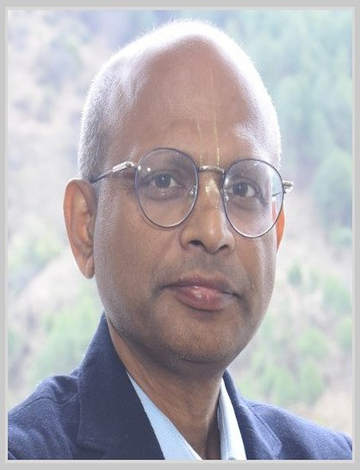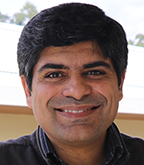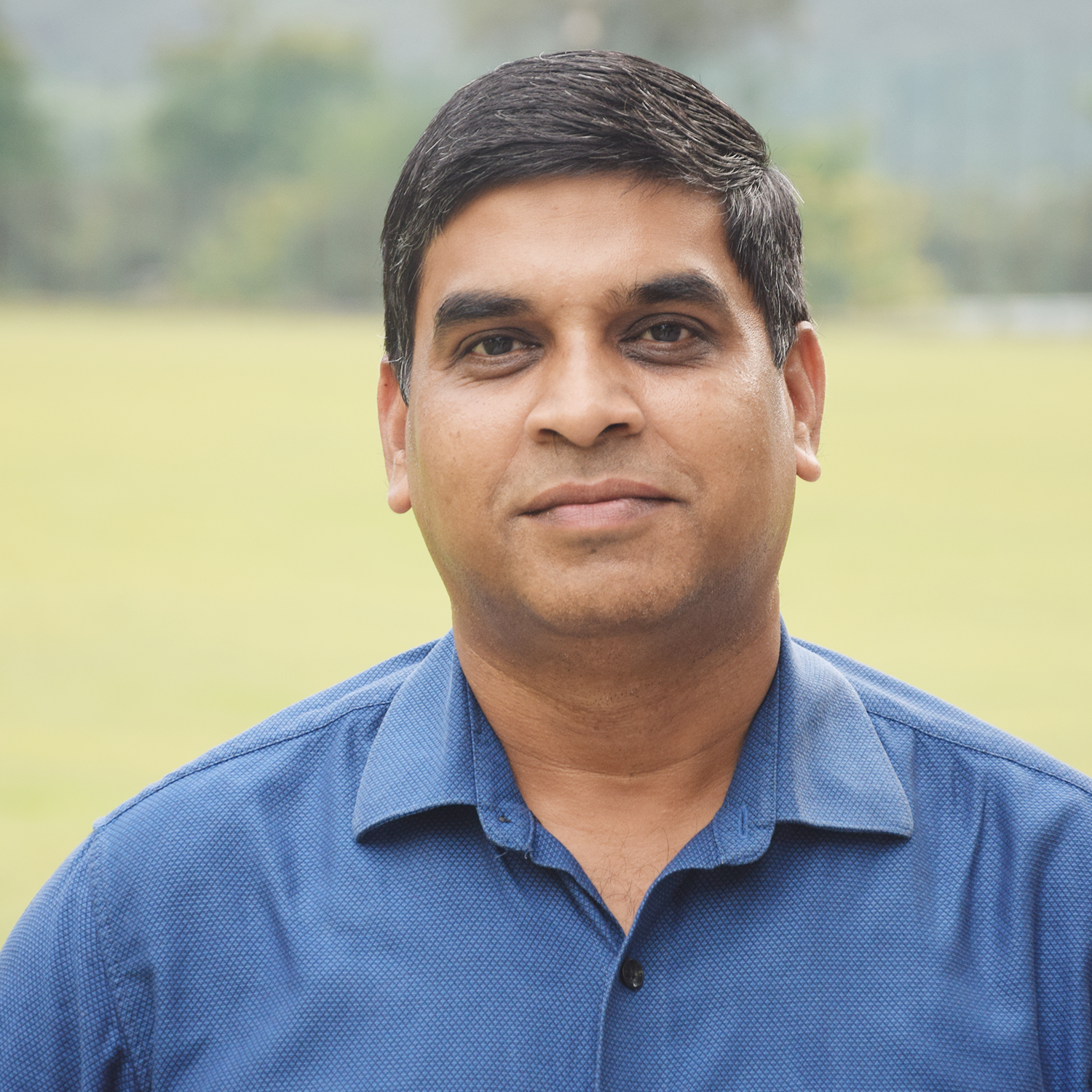Welcome to MBCC 2026
MBCC 2026 will bring together leading researchers, scientists, and practitioners from India and around the globe to explore consciousness through a distinctive interdisciplinary lens. Scheduled for June 3-6, 2026, MBCC 2026 aims to build on the success of its inaugural edition, pushing the boundaries of inquiry into the interconnected realms of Consciousness, Brain Sciences, and Cognitive Wellness.
The first and second MBCC editions held in December 2023 and June 2025 respectively, were a huge success. MBCC 2025, was a huge success with 10 plenary talks, 12 invited talks, and 160 + technical presentations. Springer has brought out 4 volumes based on the selective papers presented in MBCC 2025.
Themes and Topics
MBCC 2026 will feature a diverse array of technical sessions, keynote addresses, and engaging discussions on a diverse range of topics. A unique highlight of MBCC 2026 is its deep integration of insights from Indian Knowledge Systems (IKS). Themes such as Indian Philosophy, Ayurveda, and transformative practices like Yoga, and Meditation will offer holistic perspectives on cognitive enhancement and mental health. We invite extended abstracts and full papers on themes mentioned below, submissions may also be made in other related areas.
- - Yoga and Meditation
This track explores traditional and contemporary practices of yoga and meditation, focusing on their effects on mental, physical, and spiritual well-being. It will examine classical techniques alongside modern scientific approaches, highlighting mechanisms of attention, emotional regulation, stress reduction, and consciousness, while encouraging dialogue between traditional knowledge and contemporary research.
- - Sanskrit
This track highlights Sanskrit texts, linguistic structures, and philosophical traditions that provide insights into cognition, perception, and consciousness. It emphasizes the study of classical knowledge while exploring its relevance to modern cognitive science, neuroscience, and interdisciplinary research bridging language, mind, and consciousness.
- - Performing Arts and Therapeutic Applications
This track examines music, dance, drama, storytelling, and visual arts as tools for cognitive enhancement, emotional well-being, and therapeutic interventions. It integrates traditional Indian art forms with contemporary research, exploring mechanisms by which creative expression promotes healing, mindfulness, self-awareness, and mind–body integration.
- - Cognitive Neuroscience
This track focuses on the neural basis of cognition, perception, and consciousness, integrating experimental, computational, and theoretical approaches. It covers attention, memory, decision-making, sensory processing, and neural circuitry, providing a platform to connect neuroscience findings with interdisciplinary perspectives from psychology and traditional knowledge systems.
- - Brain Computer Interface and Application
This track explores the development and application of brain-computer interfaces that enable direct communication between neural activity and external devices. It highlights signal acquisition, processing, and interpretation, as well as applications in rehabilitation, assistive technologies, neurofeedback, and cognitive enhancement, bridging engineering, neuroscience, and mind-body studies.
- - Material Science in IKS
This track investigates traditional Indian materials, techniques, and technologies, including pigments, metals, ceramics, composites, and Ayurvedic or healing materials. It emphasizes how heritage practices inform modern material science, surface engineering, conservation, and therapeutic applications, integrating ancient wisdom with contemporary scientific understanding.
- - Consciousness Studies
This track examines the nature, mechanisms, and phenomenology of consciousness, integrating insights from neuroscience, cognitive science, philosophy, and Indian Knowledge Systems. It encourages exploration of subjective experience, awareness, and mind–body relationships, fostering interdisciplinary perspectives on the study of consciousness.
- - Contemplative Psychology
This track will examine contemplative traditions such as meditation, mindfulness, and introspection, focusing on their psychological basis and impact on cognition, emotion, and well-being. It will also highlight their relevance for mental health, education, and cross-cultural perspectives on consciousness.
- - Ayurveda
This track delves into classical Indian medical knowledge, therapies, and medicinal materials, emphasizing mind–body interactions and holistic wellness. It explores how Ayurvedic practices support cognitive health, preventive care, and therapeutic interventions, linking traditional wisdom with modern scientific inquiry.
- - Experiments on Human Subjects for IKS
This track focuses on empirical studies investigating Indian Knowledge Systems, including cognition, perception, behavior, and therapeutic practices. It emphasizes rigorous experimental design, ethical considerations, and culturally sensitive approaches to bridge classical wisdom with modern scientific research.
- - Indian Philosophy
This track explores classical and contemporary Indian philosophical perspectives on mind, consciousness, and human experience. It examines schools such as Vedanta, Samkhya, and Nyaya, highlighting their relevance to cognitive science, psychology, and interdisciplinary dialogue with modern research.
- - Cognitive Science and AR/VR
This track focuses on the use of augmented and virtual reality technologies to study and enhance cognitive processes such as perception, learning, attention, and memory. It explores interdisciplinary applications connecting AR/VR with neuroscience, psychology, and traditional knowledge systems, fostering immersive research and experimental innovation.
- - Cognitive Science and AI
This track examines the intersection of artificial intelligence and human cognition, including learning, reasoning, decision-making, and perception. It highlights computational modeling, machine learning, and AI-driven tools, while exploring connections with neuroscience, cognitive science, and traditional knowledge to enhance understanding of mind and intelligence.
- - Mega-Hz Signals and Nanobrain
This track investigates high-frequency neural signaling, nanoscale brain models, and their implications for cognition and information processing. It includes research on neural oscillations, nano-engineered neural interfaces, and signal processing at micro- and nano-scales, bridging neuroscience, cognitive science, and traditional perspectives.
- - Natural Language Processing for Indian Languages
This track focuses on computational approaches to processing, understanding, and generating Indian languages. It highlights research in language modeling, translation, sentiment analysis, and speech recognition, emphasizing linguistic diversity, cultural context, and links to cognition and traditional knowledge systems.
- - Preventive Wellness and Clinical Trials
This track focuses on the scientific evaluation of traditional and modern approaches to preventive healthcare, bridging traditional wellness frameworks with evidence-based biomedical science to promote sustainable and preventive health strategies.
- - Science of Reincarnation
This track explores reincarnation from scientific, philosophical, and experiential perspectives, encouraging dialogue across neuroscience, psychology, quantum science, and Indian philosophy to investigate consciousness continuity, memory, and identity beyond physical existence.
- - Special Sessions
This track will feature focused discussions and invited talks on specific topics that complement the conference themes or focus on a special important aspect within a theme. Special sessions are intended to provide a unique platform for fostering focused discussions and collaborations among researchers and practitioners.
This interdisciplinary approach promises to open new opportunities for cognitive science and consciousness studies, blending empirical rigor with the timeless wisdom of IKS. By welcoming experts from disciplines such as Neuroscience, Psychology, AI, Physics, Mathematics, Biology, and Computer Science, MBCC aims to foster dialogue and innovative methodologies that redefine the study of consciousness.
What to Expect
Attendees will benefit from:
- - Plenary talks by distinguished international experts
- - Interactive paper and poster presentations
- - Brainstorming panel discussions
The conference also provides ample opportunities for networking, allowing participants to connect, share insights, and form collaborations that could shape the future of consciousness studies.
























.jpg)





















